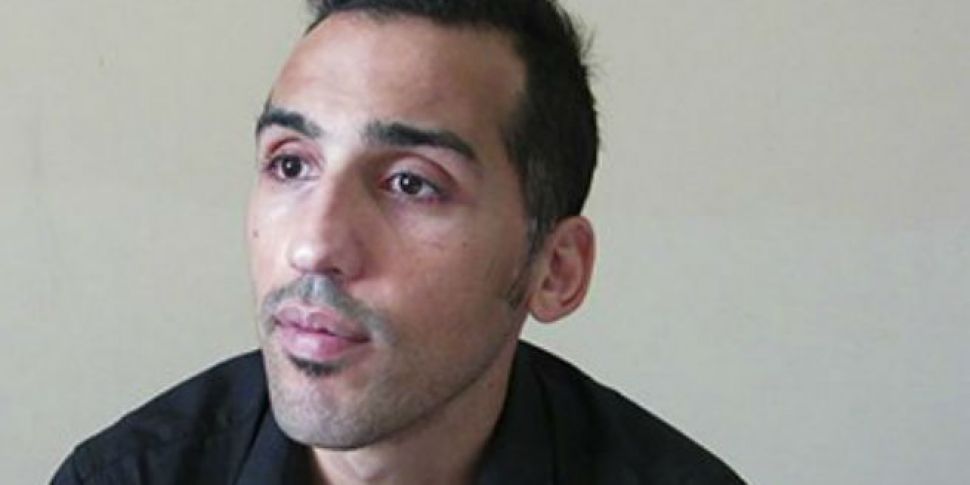Listen to the full interview with Zahir via the podcast.
Back in November, the name Zahir Belounis reverberated around the globe.
The French footballer had been trapped in Qatar for 19 months because his club Al Jaish refused to grant him a visa to leave the country following a contract dispute.
Belounis, who signed for Al Jaish in 2007 following spells in France and Switzerland, was a victim of the kafala system. Under the system, a foreign worker requires their Qatari employer's permission to get a visa.
In November, when we discussed the case with The Guardian's Amy Lawrence, Belounis was still stranded in Qatar, having sold most of his possessions and contemplated suicide.
But if it wasn't for the much-publicized open letter to 2022 Qatar World Cup ambassadors Zinedine Zidane and Pep Guardiola, Belounis' case might never have reached a global audience.
And with Qatar in no need of further bad press after revelations about migrant workers' deaths, the visa that was eventually granted to him at the end of November, may never have reached his door.
Tonight, Belounis, who is now back in Europe, spoke to Off The Ball about his harrowing experience in Qatar, the upcoming court battle and revealed his feelings towards FIFA and global icons like Zidane and Guardiola who remained virtually silent.
"The letter was very helpful," Belounis told Ger Gilroy. "But two weeks after the letter, Zidane and Guardiola [still] didn't answer. [Guardiola] would not talk about me. They didn't answer me personally. At the same time, I'm sorry to put them in a bad situation. They are friends with Qatar and it wasn't easy for them. I'm sure, one day I will see them and say sorry and that I had no choice. If they were in my position, they would do the same."
FIFA also failed to come to Belounis' aid, stating that they could not intervene as he had not lodged his complaint with their Disputes Resolution Chamber. Instead it was the world players' union FIFPro which tried to help him.
"Nobody [from FIFA] helped. FIFPro helped me. They made a press release and they said they would come to Qatar and put me on the plane," said Belounis who had considered leaving Qatar illegally as his desperation spiraled.

"FIFA said I didn't complain to them. Of course I didn't make a request [to them] because it was in the courts in Qatar and I cannot be in two courts at the same time. They are the rules and this is why I didn't complain [to FIFA]. But even so, if you are FIFA, you have to do something for me."
The experience has left Belounis a broken man and he told Ger how his depression is affecting his everyday life.
"Since I left Qatar my life is totally different now. I have a doctor who follows me every week because I am still depressed. I decided to stop with the media because it was all too much for me, and for my esteem my doctor told me to stop. But now I feel a little better. But it was still like a shock," Zahir admitted.
The 33-year-old, who has also fallen out of love with football, is also coming to terms with the fact that his career is over as a result of the stresses he has faced over the past two years.
"I have received some offers but I can't play anymore. I still don't sleep. I have a nightmare every night. I came back to my mother's house and usually my life was great but now I have to start from zero. I lost everything. Some people think my story was too much but it destroyed me. It's not easy. Some days I'm still crying and I cannot watch football games."
Belounis is owed $164,000 (€120,000) by his former club Al Jaish and although he has lodged a case in the French and Qatari courts, he is in the dark about the outcome and whether he receives some of his unpaid wages.
He also confirmed that due to power of attorney, he is not required to return to Qatar for the court case.
But despite the fact that he was forced to remain in the country because of the kafala system, Belounis' ire is with the Al Jaish and the kafala system rather than Qatar as a country.
"I have nothing against Qatar. It's against my club who killed me. I hope the government do something to punish the people who did that to me. I don't if [the government] will do it but I heard that they are working to stop the [kafala] system. It would be fantastic."









